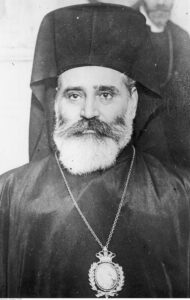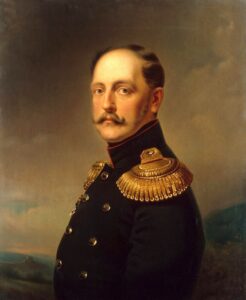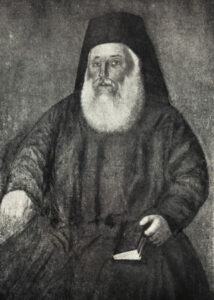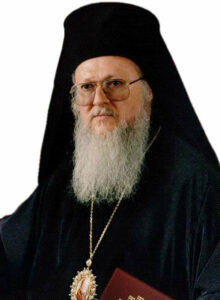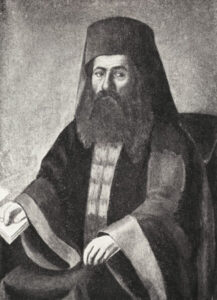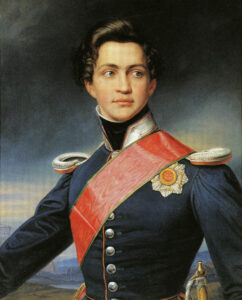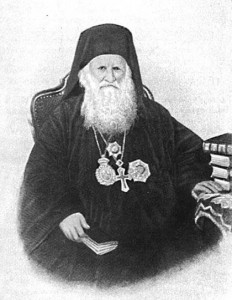Meletios Metaxakis’s Failed Jerusalem Coup d’Etat
In the summer of 1908, an insurgent group known as the "Young Turks" rebelled against the Ottoman Emperor Abdul Hamid II, forcing him to restore the long-suspended Ottoman constitution. In the wake of the Young Turk Revolution, the local Palestinians in the Patriarchate of Jerusalem saw an opportunity to increase...
